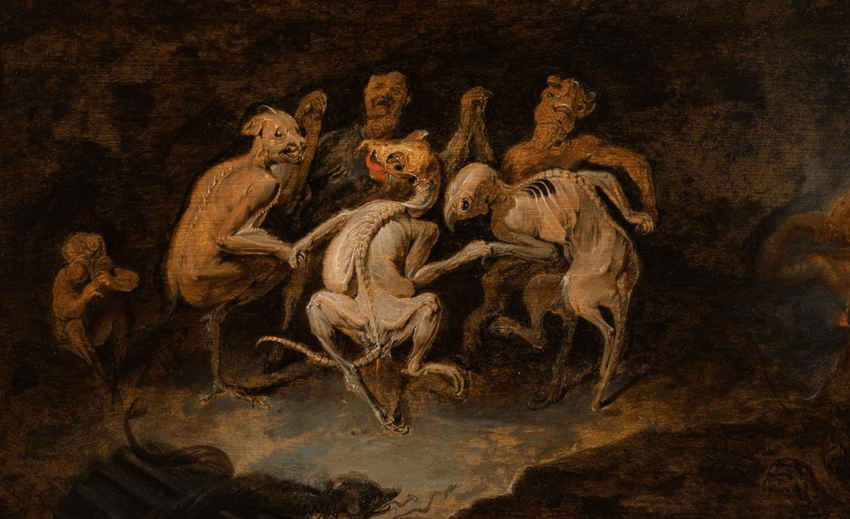Episode four of Home Education follows Kensey and her mum Alesha as they navigate a new journey of learning at home.
This is an excerpt from our weekly pop culture newsletter Rec Room. Sign up here.
As the wind blows through the poplar trees and the sun begins to lower, a young girl and her mother are busy in the garden. They’re creating a magical piece of art, a hanging sculpture that sways in the breeze and captures the golden rays of the late afternoon sun. The girl – Kensey – weaves in lavender, thyme and roses, freshly cut from the garden, as she and her mother Alesha talk about Tāwhirimātea, Māori god of the weather. “Remember, he blows things away because he gets mad,” Kensey tells her mother, as they carefully place the flowers onto their string work of art.
This is the opening scene from the latest episode of The Spinoff’s short documentary series Home Education, which follows six different whānau around Aotearoa who have embraced learning at home. Made by filmmakers Chris Pryor and Miriam Smith (The Ground We Won), each 15 minute episode introduces us to a new family as they educate their children outside of the traditional classroom. While each family has their own approach to learning in a variety of settings – including a house bus and a dahlia farm – they are all among the 10,000 New Zealanders who educate at home each year.
Alesha and Kensey live in Cromwell, and Alesha reveals that they chose to home educate Kensey when she began to fall behind in class after experiencing illness. Having only seen home education before on an episode of Country Calendar, Alesha feels like their learning journey is just beginning. She’s at a very different stage to Jen, who features in episode one of the series, and has been home educating for several years. We watch Jen’s daughters learn on the family dahlia farm, where they tend the flowers and serve high teas to customers, with every aspect of farm life linked back to their learning.
In episode two, we meet Auckland mother Rachel, who decided to home educate her son Felix after he had trouble fitting in at school. She’d never considered home education before, and later watches Felix flourish in a local forest school, surrounded by nature. Episode three follows the Fairul Izud family, as accountant Irma teaches her two sons at home, one of whom is a promising ballet dancer. They’ve found that learning at home offers a freedom that they didn’t experience in traditional schooling. “With home education, you learn to be your whole self. You don’t have to hide anything,” Irma says.
Each of these families has their own individual approach to home education – some follow Unschooling style, others are influenced by Steiner and Montessori philosophies – but there are similarities that run through the series. Each whānau values spending time together, and throughout the quiet, observational docuseries we see several heartwarming moments between parent and child, whether they’re making something in the garden, reading on the couch, or swimming in the creek.
There’s also an awareness of the sacrifices that it takes to home educate. In the first four episodes, it’s the mothers who give up their careers to home educate their children, and they speak of the challenges that arise from being with your child 24 hours a day, seven days a week. There’s also the juggling of social expectations about home education, which the families counter by regularly meeting up other home education families, or signing up to group sports and activities. Rachel also knows that stepping outside the traditional educational system comes with its own risks. “It’s a huge gamble,” she says. “What if it doesn’t work?”
What shines through in each episode of Home Education is the love each parent has for their child, and their dedication to doing what works best for their whānau. The series’ gentle, fly-on-the-wall approach gives an insight into an unseen aspect of New Zealand education, with every family in Home Education driven by a desire to help their children thrive. As Kensey’s garden sculpture blows in the Cromwell breeze, her mother Alesha reminds us of what’s important. “Everything we do is out of love for our daughter.”



